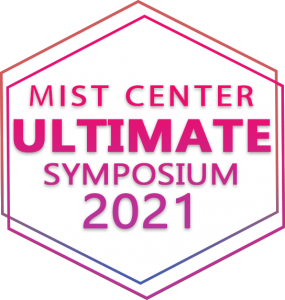
Quantum Technologies
The MIST Center ULTIMATE Symposium brings together academic, government, and industrial thought leaders on emerging hardware technologies that will pave the way for future electronics, networked systems, and distributed sensing platforms.
About this Session
We are on the cusp of a new quantum revolution that promises unprecedented schemes and technologies for computing, communication, and sensing, by exploiting unique quantum physics capabilities including superposition and entanglement. To establish and utilize ‘quantum advantages’ in critical applications, immense opportunities and challenges emerge as we advance today’s quantum materials and devices toward
integration, scalable manufacturing, engineering complexity, as well as interfacing with mainstream semiconductor technologies. This ULTIMATE symposium aims to explore the convergence of quantum science and engineering, to stimulate new ideas and advances in quantum engineering, and to engage and encourage young talents to venture to this frontier.
Invited Speakers
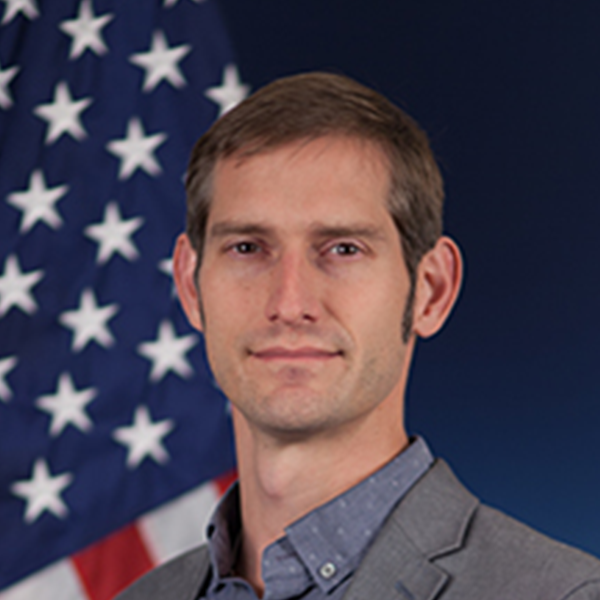
John Burke
Microsystems Technology Office (MTO) Program Manager
DARPA
John Burke joined DARPA as a program manager in the Microsystems Technology Office (MTO) in August 2017. He manages a portfolio of six programs predominantly focusing on quantum technology development. Previously, he worked at Air Force Research Lab (AFRL) Space Vehicles Directorate where he lead a research group developing optical atomic clocks for the Global Positioning System (GPS), work which won the Rotary National Award for Space Achievement. He received his BS in physics from Centre College and his Ph.D. from the University of Virginia.[Read more]
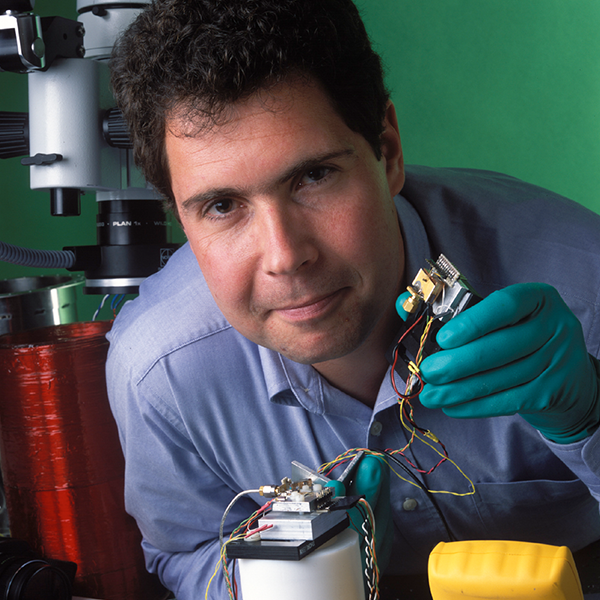
John Kitching
Fellow
NIST
John Kitching is a Group Leader and Fellow at the National Institute of Standards and Technology and Lecturer at the University of Colorado, Boulder. His research focusses on the development of compact devices and instruments that combine atomic spectroscopy, silicon micromachining and photonics. He and his group pioneered the development of chip-scale atomic clocks and magnetometers, and have been involved in their application to problems in biomagnetism and nuclear magnetic resonance. [Read more]

Hanhee Paik
Research Staff Member, Experimental Quantum Computing
IBM
Hanhee Paik pioneered the new design of a superconducting qubit that helped the industry to push the boundary of superconducting qubit performance. Her research on the quantum processor design has greatly impacted the quantum computing community. Today’s IBM Q commercial 20 qubit systems’ coherence times benefit from Dr. Paik’s work, and average an industry-best 100 microseconds. She is currently working on developing the next generation quantum computing processors. She played a pivotal role developing the 16-qubit IBM Q Experience device. [Read more]
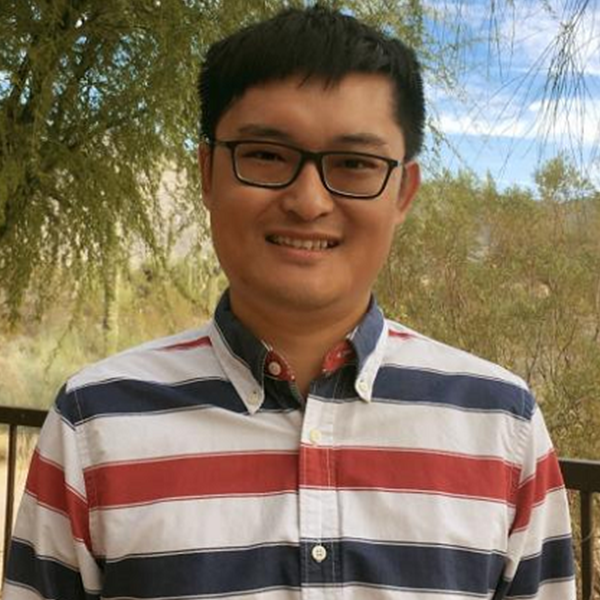
Zheshen Zhang
Assistant Professor, Materials Science and Engineering
University of Arizona
Zheshen Zhang is an Assistant Professor in the Department of Materials Science and Engineering and the James C. Wyant College of Optical Sciences at the University of Arizona. Dr. Zhang received the PhD degree from the Georgia Institute of Technology. Prior to joining UA in Fall 2017, Dr. Zhang was a Postdoctoral Associate and then a Research Scientist at MIT. Dr. Zhang’s research encompasses a broad swath of the experimental and theoretical aspects of quantum networks, quantum communications, quantum sensing, and quantum computing. Dr. Zhang is an Editorial Board Member of Communications Physics. [Read more]
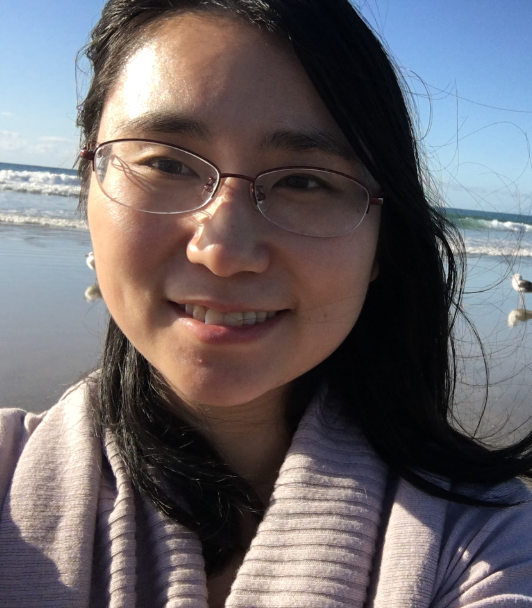
Chunhui (Rita) Du
Professor, Physics
University of California San Diego
Prof. Du is a condensed matter experimentalist with expertise in nanoscale quantum sensing. Her work focuses on single spin magnetometry with nitrogen-vacancy (NV) centers in diamond, hybrid quantum devices based on optically active single spin qubit, spin transport and dynamics in nanostructured and quantum materials, and scanning probe based magnetic imaging. [Read more]
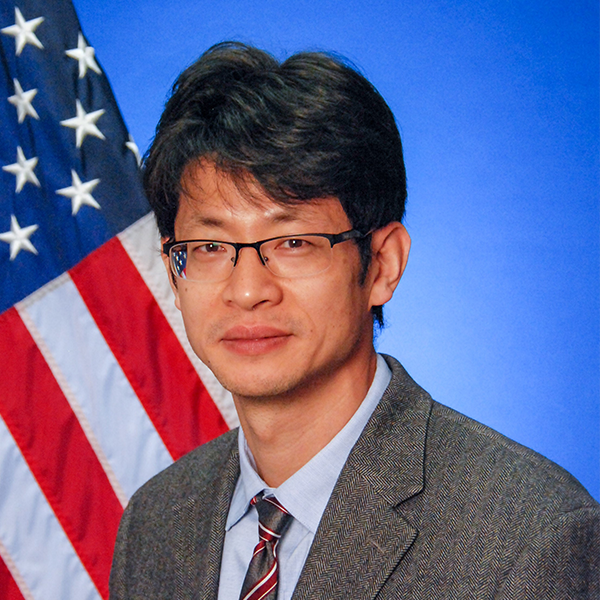
Jiwei Lu
Program Officer
Air Force Office of Scientific Research
Jiwei Lu currently serves as the Program Officer for Condensed Matter Physics program, Air Force Office of Scientific Research. Prior to joining AFOSR, Dr. Lu spent 12 years as a faculty member in the Department of Materials Science and Engineering at the University of Virginia. His research interests include strongly correlated oxides, magnetic materials and nanostructures, and multiferroic composites. In particular, he made contributions to the understanding of metal-insulator transition in vanadium dioxide and niobium dioxide. [Read more]
Agenda – July 14
| Start | Topic |
|---|---|
| 12 p.m. | Welcome and Logistics |
| 12:05 p.m. | ULTIMATE Symposium Objective |
| 12:15 p.m. | Invited Speaker: John Burke |
| 12:45 p.m. | Invited Speaker: Chunhui Du |
| 1:15 p.m. | Invited Speaker: Hanhee Paik |
| 1:45 p.m. | Invited Speaker: John Kitching |
| 2:15 p.m. | Invited Speaker: Jiwei Lu |
| 2:45 p.m. | Invited Speaker: Zheshen Zhang |
| 3:15 p.m. | Panel Discussion |
| 3:45 p.m. | Adjourn |
Session Chairs
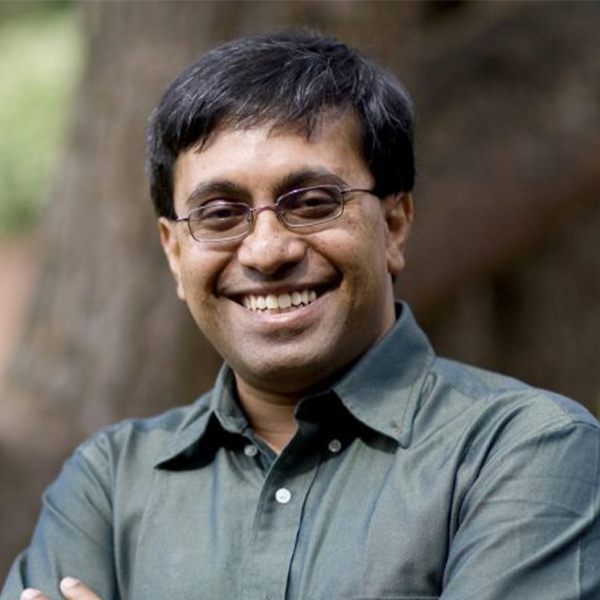
Professor, University of Virginia
Biography
Research Interests: Internet of Things, Optoelectronic Devices, Microscale Heat Transfer, Nanoelectronics and 2-D Materials, Low Power Design, Embedded Systems, Surface and Interface Science and Engineering, Magnetic Materials, Computation Materials Science, Nanomaterials and nanomanufacturing
Avik Ghosh is Professor of Electrical and Computer Engineering and Professor of Physics at the University of Virginia. He has over 100 refereed papers and book chapters and 2 upcoming books in the areas of computational nano-electronics and low power devices, specializing in materials to systems modeling (DFT2SPICE), including 2D materials, thin films for photodetectors, molecular electronics, subthermal switching, nanomagnetic materials and devices, and nanoscale heat flow. Ghosh did his PhD in physics from the Ohio State University and Postdoctoral Fellowship in Electrical Engineering at Purdue University. He is a Fellow of the Institute of Physics (IOP), senior member of the IEEE, and has received the IBM Faculty Award, the NSF CAREER Award, a best paper award from the Army Research Office, the Charles Brown New Faculty Teaching Award and the All University Teaching Award. His group’s collaborative research with Columbia University on observing negative index behavior in graphene was voted by Physics World as one of the top-10 breakthroughs of 2016.
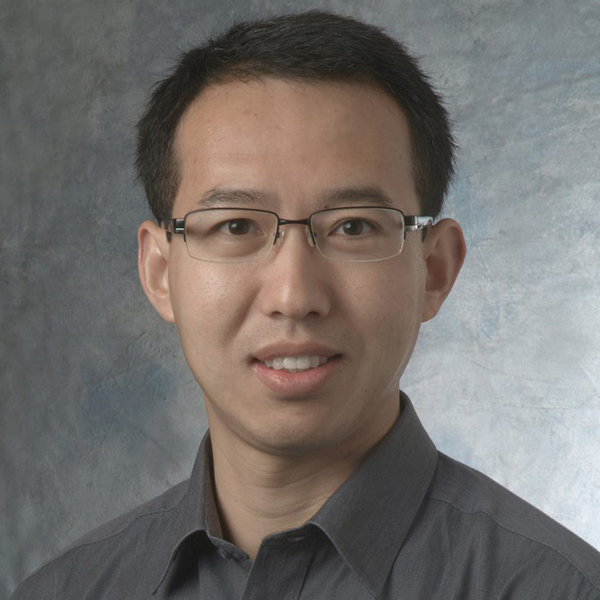
Professor, University of Florida
Biography
Research interests: Solid-State Devices, Nanoelectromechanical Systems (NEMS), Quantum Engineering, Nanotechnology, Transducers, High-Precision Measurement & Instruments, Advanced Materials
Philip Feng is a Professor in ECE at University of Florida. His group’s research is primarily focused on emerging semiconductor devices and integrated micro/nanosystems, especially those in advanced semiconductors, 2D materials and heterostructures, as well as their integration with mainstream technologies. He received his Ph.D. in Electrical Engineering from California Institute of Technology (Caltech). He is an alumnus of the National Academy of Engineering (NAE) U.S. Frontier of Engineering (USFOE) program and a recipient of the NAE Grainger Foundation Frontiers of Engineering Award. His recent awards include the Presidential Early Career Award for Scientists and Engineers (PECASE), the NSF CAREER Award, several Best Paper Awards (with his students) at IEEE and other international conferences, and other research, teaching, and mentoring awards. He has mentored and graduated more than 10 Ph.D. students and 8 M.S. students with thesis on research. He has served as a chair for the IEEE MEMS 2021 conference. He is also a co-organizer and technical program chair for the SiC Materials & Devices Workshop series.
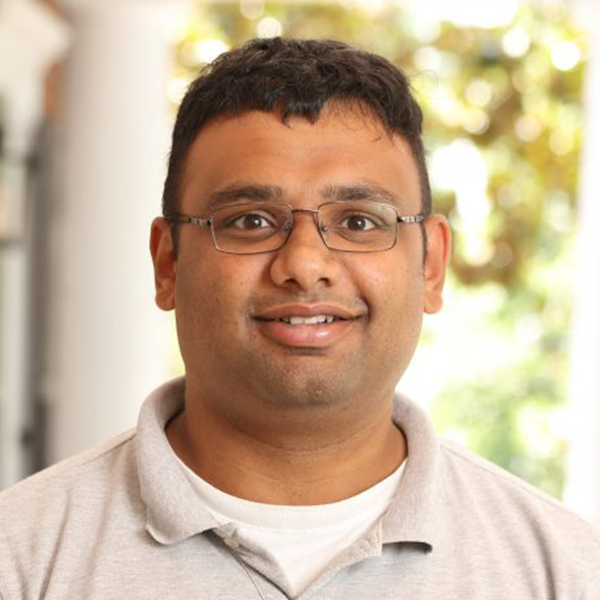
Asst. Professor, University of Virginia
Biography
Research Interests: emerging devices and circuits as well as developing new approaches for energy efficient computing and storage.
Nikhil Shukla is an Assistant Professor at University of Virginia with a joint appointment in the ECE and the Materials Science and Engineering department. He completed his BS in Electronics and Telecommunications from the University of Mumbai, India, in 2010, and a PhD in Electrical Engineering from the University of Notre Dame in 2017.
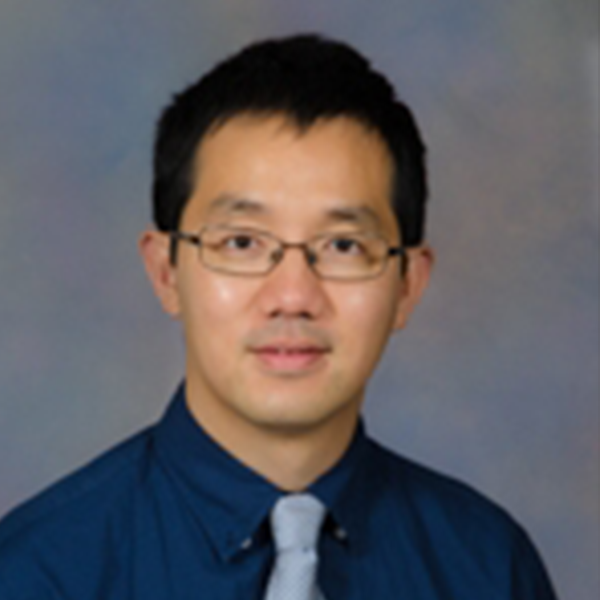
Professor, University of Florida
Biography
Research interests: modeling and simulation of nanoelectronic devices, carbon nano electronics and photonics, physics of nano transistors
Jing Guo received a Ph.D. degree in electrical engineering from Purdue University in 2004, an M.S. degree in solid state electronics in 2000 and a B.S. degree in electronic engineering in 1998, both from Shanghai Jiao Tong University. He joined the University of Florida as an assistant professor in Aug. 2004. His research interests focus on modeling and simulation of new nanoscale devices with applications in electronics, optoelectronics, and energy conversion. He is a recipient of the National Science Foundation Faculty Early CAREER Award.
MIST ULTIMATE Symposium Sessions
Coming 2022
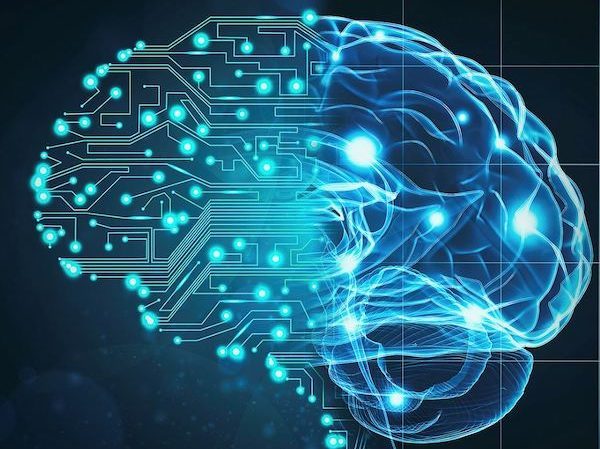
Neuromorphic Computing at the Edge
The MIST Center ULTIMATE Symposium brings together academic, government, and industrial thought leaders on emerging hardware technologies that will pave the way for future electronics, networked systems, and distributed sensing platforms.
August 2021
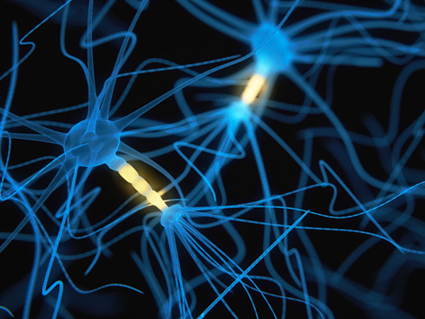
Bioelectronics for Pain and Addiction
Bioelectronics technologies can play a vital role in both in vitro and in vivo solutions that better recapitulate human pathophysiology of chronic and development of nonadditive therapeutics for treatment of pain.
This symposium will feature talks from experts in academic and industry that are at the forefront of this highly interdisciplinary area.
July 14, 2021
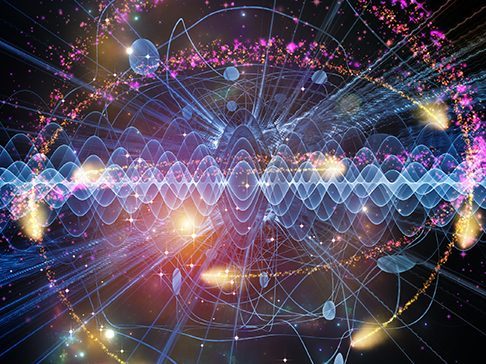
Quantum Computing/Sensing
This ULTIMATE symposium aims to explore the convergence of quantum science and engineering, to stimulate new ideas and advances in quantum engineering, and to engage and encourage young talents to venture to this frontier.
Registration
To register for this event, please provide your information below. The meeting details will be provided to the email entered by July 7. Registration is free but required.
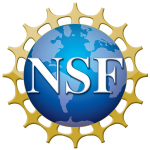
The MIST Center is an NSF I/UCRC program. Any opinions or findings expressed in this material are those of the author(s) and do not necessarily reflect the views of the NSF.